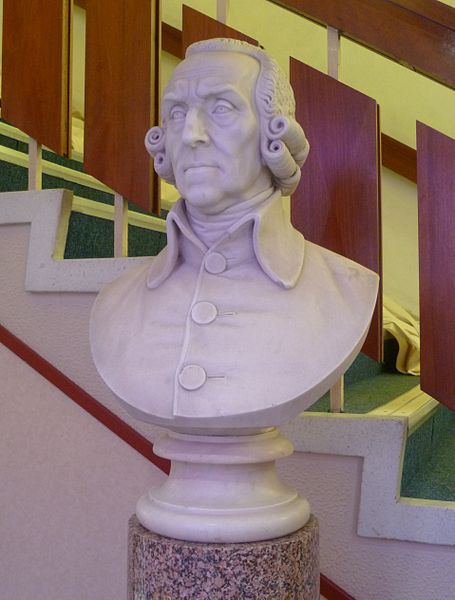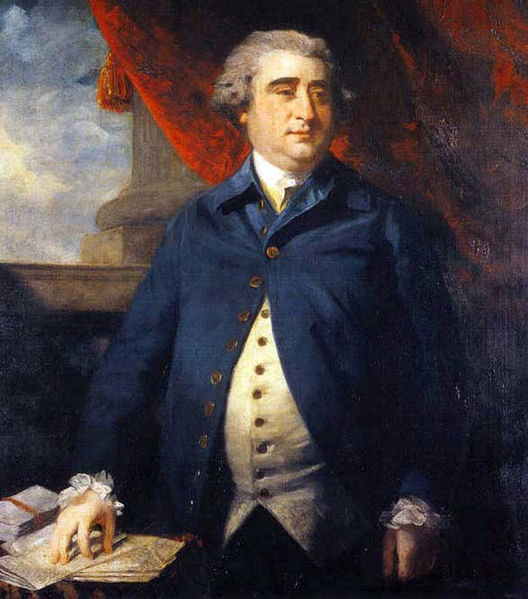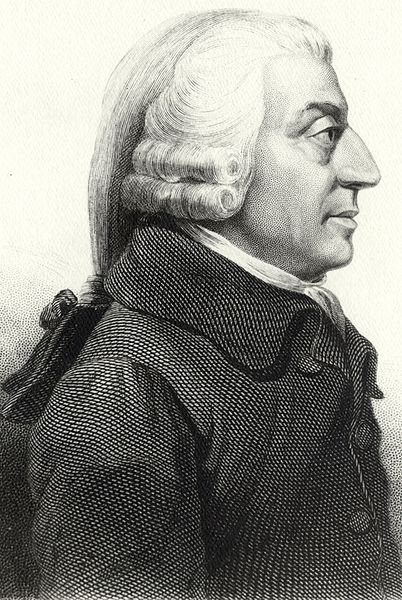An Inquiry into the Nature and Causes of the Wealth of Nations, generally referred to by its shortened title The Wealth of Nations, is the magnum opus of the Scottish economist and moral philosopher Adam Smith (1723–1790). First published in 1776, the book offers one of the world's first connected accounts of what builds nations' wealth, and has become a fundamental work in classical economics. Reflecting upon economics at the beginning of the Industrial Revolution, Smith addresses topics such as the division of labour, productivity, and free markets.
Title-page of the 1776 London edition
Bust of Smith in the Adam Smith Theatre, Kirkcaldy
Edward Gibbon praised The Wealth of Nations
Charles James Fox was the first person to mention The Wealth of Nations in Parliament.
Adam Smith was a Scottish economist and philosopher who was a pioneer in the thinking of political economy and key figure during the Scottish Enlightenment. Seen by some as "The Father of Economics" or "The Father of Capitalism", he wrote two classic works, The Theory of Moral Sentiments (1759) and An Inquiry into the Nature and Causes of the Wealth of Nations (1776). The latter, often abbreviated as The Wealth of Nations, is considered his magnum opus and the first modern work that treats economics as a comprehensive system and as an academic discipline. Smith refuses to explain the distribution of wealth and power in terms of God's will and instead appeals to natural, political, social, economic, legal, environmental and technological factors and the interactions among them. Among other economic theories, the work introduced Smith's idea of absolute advantage.
1787 portrait
Portrait of Smith's mother, Margaret Douglas
François Quesnay, one of the leaders of the physiocratic school of thought
David Hume was a friend and contemporary of Smith's.








